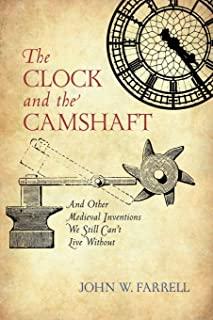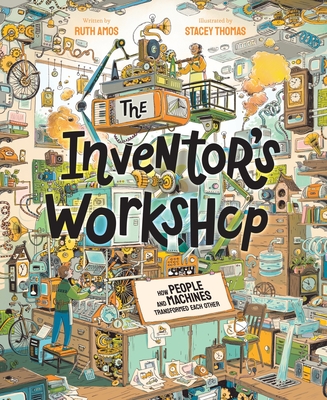
Farrell, John W.
product information
description
8Highlights the importance of medieval innovations as the basis for later technological progress This history of medieval inventions, focusing on the eleventh to the fourteenth centuries, vividly portrays a thriving era of human ingenuity--and the results are still being felt to this day. From the mechanical clock to the first eyeglasses, both of which revolutionized society, many of the commonplace devices we now take for granted had their origin in the Middle Ages. Divided into ten thematic chapters, the accessible text allows the reader to sample areas of interest or read the book from beginning to end for a complete historical overview. A chapter on the paper revolution shows that innovations in mill power enabled the mass production of cheap paper, which was instrumental in the later success of the printing press as a means of disseminating affordable books to more people. Another chapter examines the importance of Islamic civilization in preserving ancient Greek texts and the role of translation teams in Sicily and Spain in making those texts available in Latin for a European readership. A chapter on instruments of discovery describes the impact of the astrolabe, which was imported from Islamic lands, and the compass, originally invented in China; these tools plus innovations in ship building spurred on the expansion of European trade and the later age of discovery at the time of Columbus. Complete with original drawings to illustrate how these early inventions worked, this guided tour through a distant era reveals how medieval farmers, craftsmen, women artisans, and clerical scholars laid the foundations of the modern world.
member goods
No member items were found under this heading.
Return Policy
All sales are final
Shipping
No special shipping considerations available.
Shipping fees determined at checkout.







